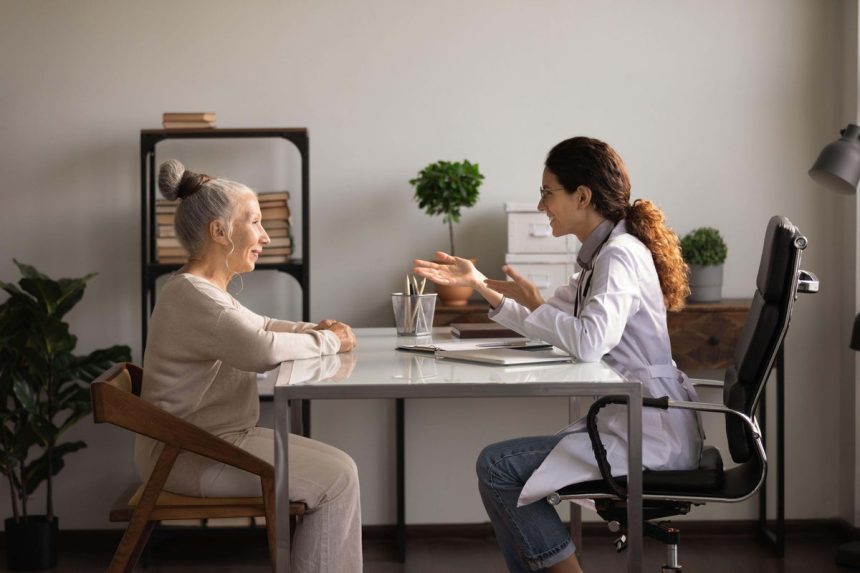Your support helps us to tell the story
From reproductive rights to climate change to Big Tech, The Independent is on the ground when the story is developing. Whether it’s investigating the financials of Elon Musk’s pro-Trump PAC or producing our latest documentary, ‘The A Word’, which shines a light on the American women fighting for reproductive rights, we know how important it is to parse out the facts from the messaging.
At such a critical moment in US history, we need reporters on the ground. Your donation allows us to keep sending journalists to speak to both sides of the story.
The Independent is trusted by Americans across the entire political spectrum. And unlike many other quality news outlets, we choose not to lock Americans out of our reporting and analysis with paywalls. We believe quality journalism should be available to everyone, paid for by those who can afford it.
Your support makes all the difference.
At some point during life, everyone may face challenges with their mental health – regardless of age.
But while younger people are getting more and more comfortable opening up, there may still be a ‘stiff upper lip’ frame of mind in the baby boomer generation or older.
Data from the NHS shows that more than six in 10 people in the UK aged 65 or over have experienced depression and anxiety. Of these, more than half did not seek help as they thought ‘they should just get on with it”.
“Mental health has an impact on physical health and vice versa, so its imperative that older people get help for depression and wellbeing concerns, as well as for physical illness,” says Caroline Abrahams, CBE, Age UK charity director.
So where should you start?
Remove the stigma
“We’re coming from such a different culture and age group – with people over 65, they have been brought up with the idea of ‘keep calm and carry on’,” says BetterHelp therapist Brian Beck.
“Usually they were told to suppress their feelings, bury it down and just keep a stiff upper lip or have a cup of tea.
“There is a lot of stigma around mental health in this age category and there can be some really negative terms used to describe anyone who is experiencing difficulties.
“Describing someone as having a ‘screw loose’ or going to the ‘looney bin’ if they went to hospital for their mental health is common rhetoric, and this all feeds into the negative terms and stigma surrounding the topic. It’s important to try overcome and change that idea firstly.”
Have patience with others and yourself
For someone talking about their mental health for possibly the first time in their life, Beck says patience is important.
“Whether you’re the one talking about your mental health or you’re having the conversation with someone about theirs, gentle patience and encouragement is needed,” says Beck.
“It’s important to slowly encourage the person to say a little more whenever they do open up and make sure to acknowledge and notice their feelings.”
Have empathy for yourself
“Have empathy and compassion for yourself. We understand it’s difficult to even start thinking about talking about or exploring these areas,” says Beck.
“However it is so important to talk. A previous supervisor of mine said, when we suppress our feelings and bury them, we bury them alive – so they are always going to keep coming back to haunt and grab hold of us.
“To be fully healthy and alive, we need to acknowledge all of our feelings. Once we express them, we start to gain understanding and we also feel a release.”
Confide in someone you can trust
“Naturally as people get older they lose loved ones which compounds their feeling of isolation, which in turn can be harmful to their mental health,” said Jess Doyle, head of research and consultancy at Re-Engage charity.
Explaining that we can all have different friends for different things – such as the gym, going out or to confide in – Beck says that many people don’t have all of these options.
“Particularly people in the older generation, if they feel like they don’t have that friend to confide in, there is another option which could be a counsellor.
“This is someone who is going to keep things confidential and you will have that anonymity and safety which can make people feel a lot more comfortable to fully open up and put everything on the table.”
“Experts agree that when given the opportunity, older people do really well when they engage with talking therapies such as counselling and cognitive behavioural therapy,” says Abrahams.
How can we help others open up?
When discussing mental health –especially if its a fresh or an unusual topic, Beck says to approach the conversation normally from the beginning, rather than focusing solely on the mental health aspect.
“If someone has been made redundant recently or retired, you can just say ‘I was thinking of you recently and was wondering what it might be like now that you have had this big change’
“By doing this you’re inviting the person in by reaching out with empathy and also permission for the person to have a think and maybe say ‘Actually yeah, I do feel a certain type of way’.”
“For anyone hard of hearing, a letter may be hugely welcome,” says Abraham.
“For those online, video calls offer a world of opportunities to stay in touch. Simple actions like these can do more good than you will ever know.”






